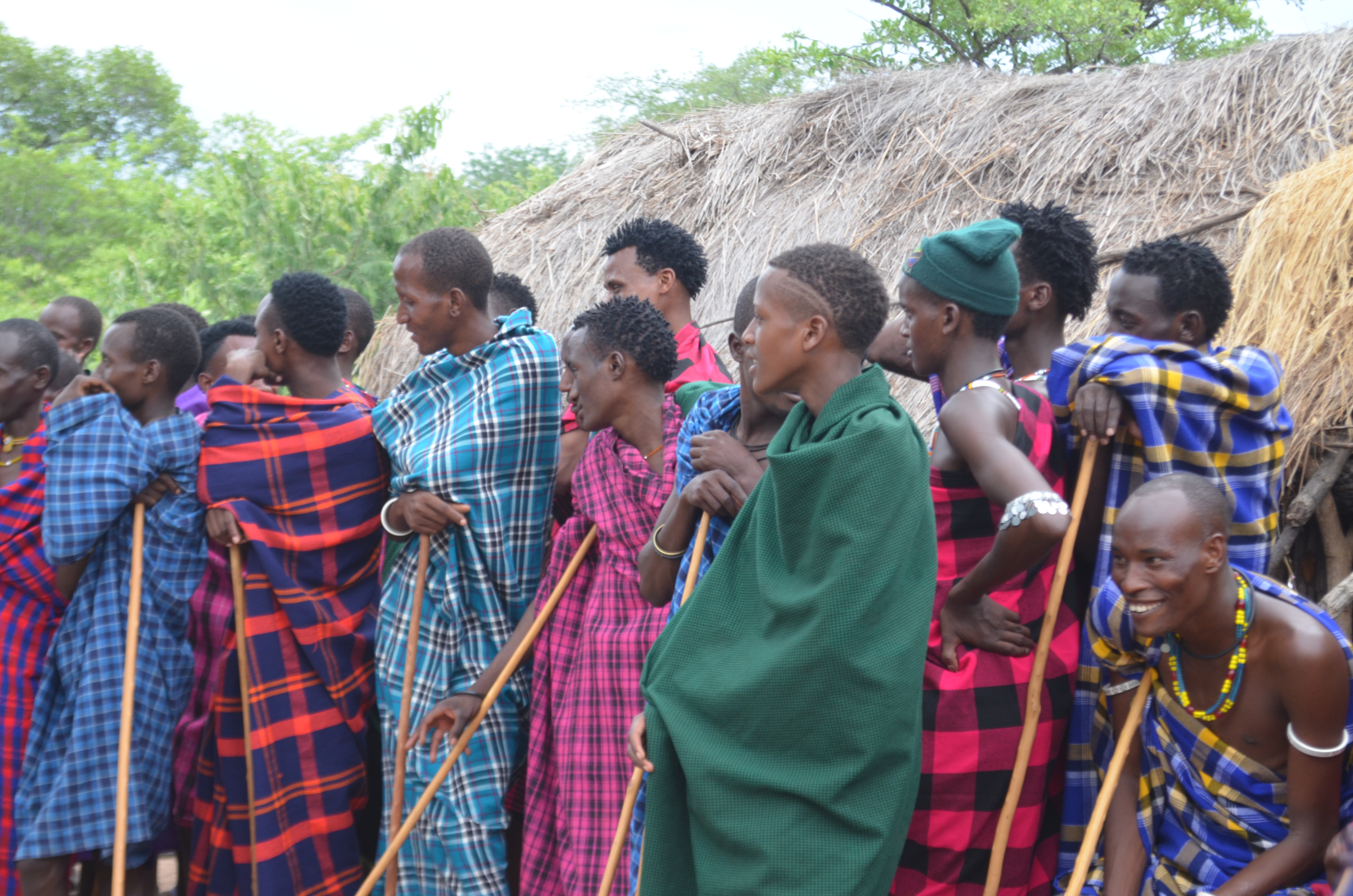News
Morally Contested Conservation: Evidence to inform policy
Wildlife conservation in sub-Saharan Africa is morally contested.
Who should get to decide what is best for sub-Saharan African wildlife and the people who live alongside it? Who is conservation in sub-Saharan Africa for, and what does successful conservation look like? Protecting animals, developing rural economies, conserving biodiversity, or reducing conflict between people and dangerous animals?
Competing answers to these questions illuminate stark differences between local and external worldviews, which can appear virtually irreconcilable. Powerful external voices typically dominate debates and influence conservation and development policies, often amplifying historical inequalities and disempowering sub-Saharan African people who bear the costs of living alongside dangerous species.
But when local and external interests conflict, whose interests should take priority? How much harm should rural Africans bear in protecting wild animals and their habitats? Are local people part of the problem or part of the solution? Is it acceptable to remove people from their land to create space for wildlife? Which are more important, the rights of local people or the rights of individual animals?
How local, national, regional and international decision-makers answer these questions will determine the future for wildlife in sub-Saharan Africa and the lives of millions of people in the region.
There is an urgent need to systematically measure and compare moral beliefs and policy preferences among multiple groups, crucially including rural Africans, to better inform conservation and development policies in sub-Saharan Africa and internationally.
Our Morally Contested Conservation Project is a collaboration between WildCRU, Cornell University, WWF Germany and Jamma International. Over the next three years we will collect data on moral attitudes, beliefs, and policy preferences regarding critical issues in conservation and development, and identify key points of divergence and convergence between rural and urban communities in several African countries and internationally. We will combine on-the-ground fieldwork in at least three African countries from Botswana, Kenya, Namibia, Tanzania, Zambia, and Zimbabwe with online studies in the United Kingdom and United States, our findings will be published in peer-reviewed academic journals and clearly communicated directly with the people whose decisions will influence the future of conservation in the region.
The project is guided by a steering group comprising African academics, representatives from civil society organisations, and local community leaders. We are recruiting four students to the project. Applicants for these studentships will ideally be currently enrolled in a graduate (i.e. research master’s or PhD programme in a sub-Saharan African university. The deadline for applications is 15th October 2021. Find out more about these studentships here.
-
 © Ruaha Carnivore Programme
© Ruaha Carnivore Programme





